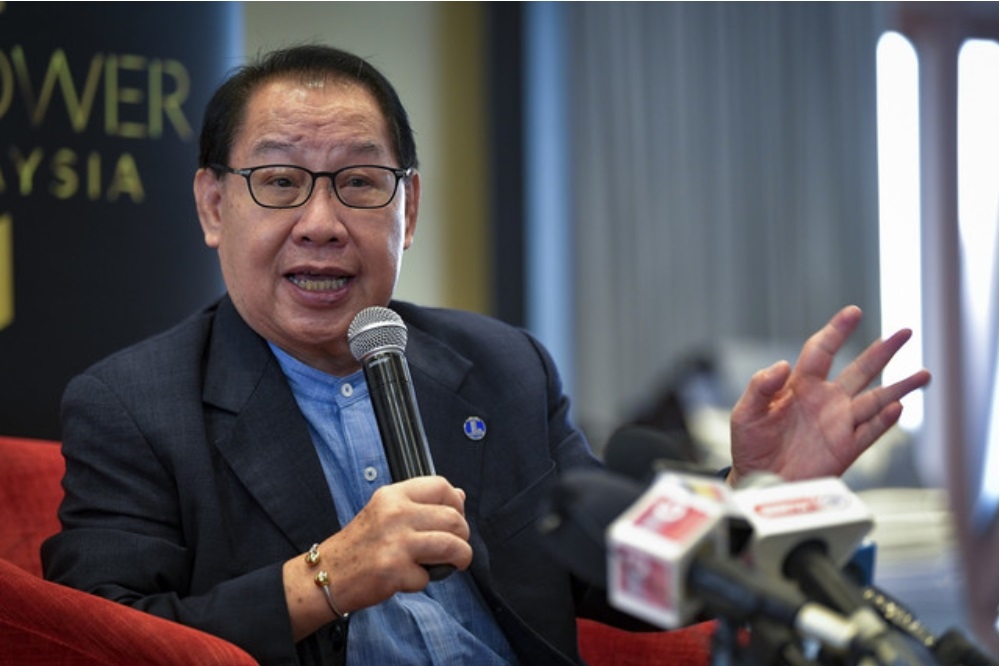As we step out of the Covid-19 pandemic, there is a higher demand for counsellors and therapists than ever before.
Getting into this field might be something you’re becoming more interested in.
Counsellors do a fantastic job at helping people deal with the stresses of their day-to-day lives as well as other more complicated and longer-term issues.
In case you’re wondering how exactly one goes about achieving just this, here’s how:
1. Work on listening and attentive skills
It isn’t a secret that a lot of counselling workflows do depend on a practitioner’s ability to listen, understand and work to assist your patients. This is a skill you really want to have on lock.
These skills are natural for a lot of people in the field, though it is good to know that listening skills can also be developed and strengthened with practice.
It is also a good idea to work on understanding when to interject in conversations as well as when to simply listen and absorb.
There is a lot of back and forth between client and counsellor, so you would need to strike a good balance between listening and talking.
2. Build resilience
Another point to keep in mind about working in counselling is to ensure that you have mental resilience, as this can help you work effectively even when things get a little tough.
There are a lot of heavy and sometimes jarring conversation points that occur in counselling sessions and because of this, you need to make sure that you’re able to listen, absorb, understand and move on from client to client.
If you are unable to do this, you could suffer from burnout and be unable to effectively assist other clients.
3. Undertake the required formal education
In most states across the country, you will find that there is a level of formal education required by counsellors.
This means that will need to make sure you have this under your belt before you begin.
As we step into the online and post-Covid age, you will be able to conveniently undertake a number of counselling and psychology-based courses to upskill yourself.
Online platforms such as Train Smart are a great example of this. Take advantage of these platforms and courses to better your career in counselling.

4. Build interest in learning about others
You might already have this skill down pat, especially if you’re considering a career in counselling. If you don’t, it’s worth building up.
It isn’t a secret that counsellors want to help others, and so you will want to make sure you have some sort of interest in other people and want to learn about how to help them.
It is human nature to want to help those in need of care and attention, but this ‘nature’ needs to be amplified when you’re in the field of counselling.
5. Work on removing judgement
You should also work on withholding all judgements when helping clients, as this will hinder your ability to work effectively and stunt your plans to solve their problems.
With this in mind, it is good to work on developing a mental note or a process of your own where you simply listen, engage and understand someone for who they are.
The key takeaways
With all of those points in mind, it is clear to see that preparing for a career in counselling is rather straightforward, given that you have the right base attributes.
You want to make sure you hone your skills in understanding others and work on keeping personal judgements to a minimum.
One final thing to note is that you will want to ensure that you have the required formal education. Counselling fields are often regulated, so it is best to have all of the correct qualifications to succeed.
Dennis Relojo-Howell is the founder of Psychreg. You can connect with him on Twitter @drelojo_howell







